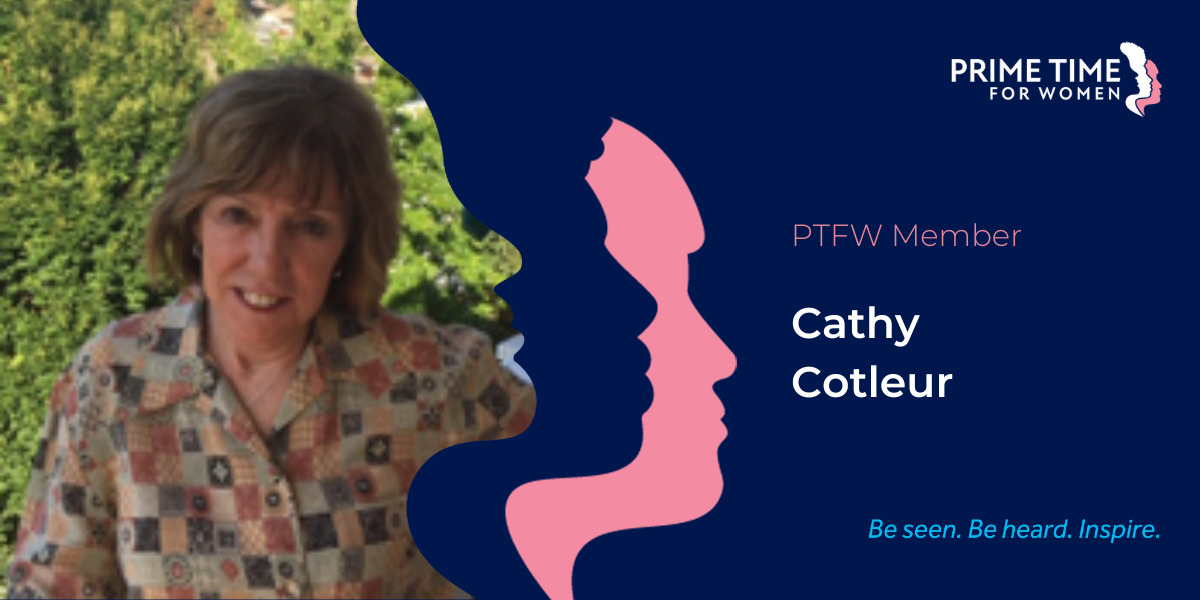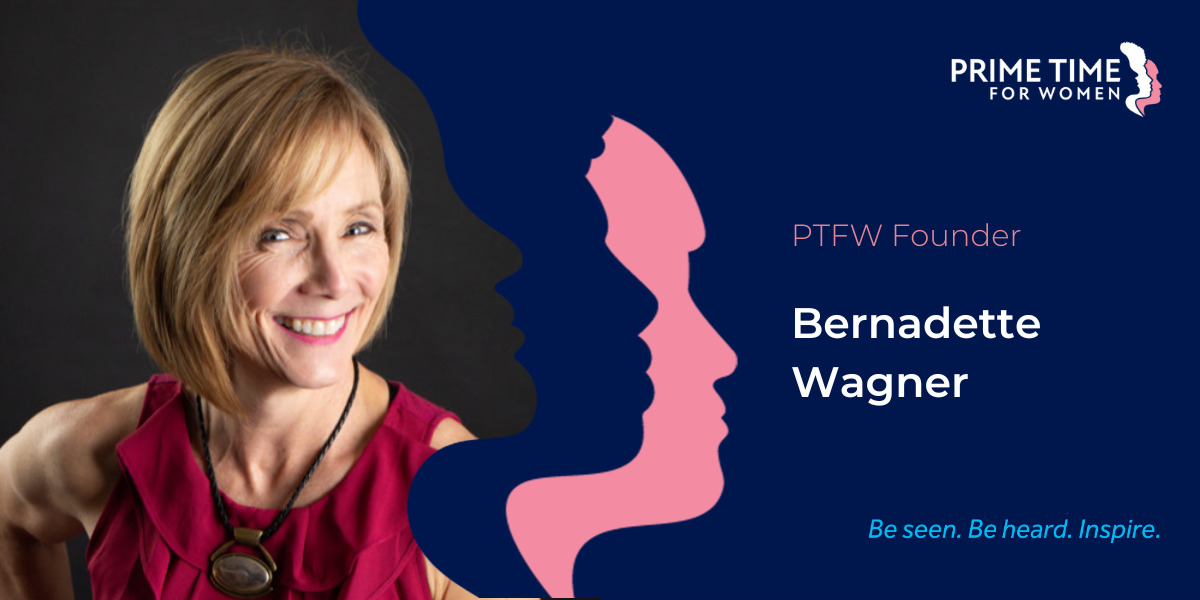Branding expert, PTFW Board Member, entrepreneur, wife and mother, Orsolya (Orsi) Herbein has much to…

Addressing Women’s Lack of Influence in Government
According to the United Nations, “women are underrepresented at all levels of decision-making worldwide.” To change this dynamic, women must fully comprehend the magnitude of the inequality and then work together to create a more equal world. Related to government roles and influence, consider the following facts:
- In only 26 out of 195 countries do women hold the top governmental/political office. At this rate, it would take 130 years for women to obtain equal representation with men at this level of government.
- Women represent just 22.8% of top-level policy positions worldwide.
- Only 13 countries have 50% or more women in cabinet positions.
- When women are cabinet members, they tend to be concentrated in very specific areas related to women’s issues, family matters, or social programs.
- 26.5% of national legislators (in single or lower houses) worldwide are women. Europe and North America are slightly higher at 32%.
- Six countries have women’s legislative representation at the 50% or higher level. It might surprise you which countries have this level of women participation: Rwanda, Cuba, Nicaragua, Mexico, New Zealand, and the United Arab Emirates. For women to achieve parity in this area it would take another 40 years at the current rate.
- Women do better at the local level, constituting 35.5% of elected legislative offices. Again, Europe and North America trend slightly higher at 37%.
How does the U.S. fare in assessing the significance of women in public life? The U.S. has never elected a female president but the 2020 election did support Kamala Harris for vice-president which puts her one step away from the top office. In the U.S. Congress women make up 25% of the Senate and 29% of the House of Representatives. President Biden’s cabinet consists of 26 members, 50% of whom are women. There are 12 women governors, representing 24% of all positions. Women account for 32.5% of all state legislators.
Why is this an important issue? Over and above the obvious consideration that women make up 49-51% of the world population (depending on the country or region) * and, consequently, deserve to have a larger say in how their lives are managed, the United Nations indicates “there is established evidence that women’s leadership in political decision-making processes improves them.” Data also indicates that women can be more collegial and willing to work with opposing parties to reach solutions. McKinsey & Co.’s Power of Parity Report indicates that closing the global gender gap (in all sectors of society) would add trillions to world GDPs. A first step towards accomplishing this goal would be increasing women’s role in public policy and governance.
There is no doubt that women’s presence in decision-making roles in government has improved over time but their participation levels are still woefully inadequate. Why is this the case? Reasons range all the way from (1) historical roles for women in the home and raising children keep them from advancing in many areas to (2) not enough women are interested in putting themselves forward for such positions to (3) extreme arguments such as women are not as qualified as men to hold government offices.
How can this be turned around? To address a dearth of women in public service an important step would be to confront the stereotype that women do not belong in top-level positions because they are not strong enough or are too emotional. This can be accomplished through education and anti-discrimination laws. Some advocates recommend that government entities set 50-50% quotas for men and women since the genders are pretty evenly divided in the population. Other measures that would positively impact women’s participation in governance are laws that support programs such as daycare, family leave, and work-from-home.
As courageous and confident women step into more leadership roles they defy old stereotypes, create more equitable policies, and empower other women to follow in their footsteps. World-renowned feminist, journalist, and activist, Gloria Steinem, reportedly once explained: “The story of women’s struggle for equality belongs to no single feminist nor to any one organization but to the collective efforts of all who care about human rights.” Remember, every woman has power and every woman has an important role to play!
Sources:
Our World in Data, 2019
UN Women
Global Women’s Leadership Initiative (Wilson Center)
McKinsey & Co.
Statistical Data from Census and government sources



